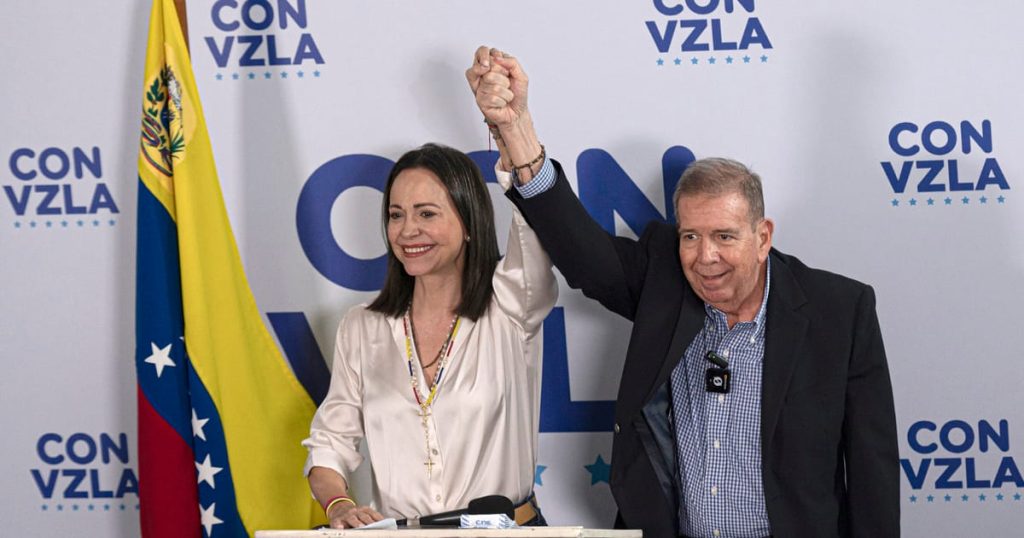In late July, Venezuela’s elections culminated in a contentious victory declared by incumbent socialist President Nicolás Maduro, which quickly met with skepticism from the European Union’s foreign service. This body noted that Maduro’s government had not provided the essential voting records from polling stations to substantiate the election results, leading them to refuse recognition of the outcome. The decision sparked widespread dissent across the nation as opposition forces mobilized against what they perceived as an authoritarian regime. The vigorous protests faced a violent crackdown by Maduro’s government, resulting in the deaths of over two dozen individuals and injuries to nearly 200 more.
As uncertainty gripped the nation following the elections, one of the leading presidential candidates, an opposition figure named González, fled to Madrid amid the turmoil. His departure underscored the dire conditions facing dissenters in Venezuela. In a turn of international political dynamics, the European Parliament subsequently acknowledged González as the legitimate leader of Venezuela, a move that highlighted the growing isolation of Maduro’s regime on the global stage. This recognition served as an affirmation of the opposition’s efforts to restore democracy in a country that has been grappling with political instability and economic collapse.
In recognition of their ongoing struggle for democracy and human rights, Venezuela’s democratic opposition was also honored with the Sakharov Prize for Freedom of Thought in 2017. This prestigious award, named after Soviet physicist and dissident Andrei Sakharov, is presented by the European Parliament to individuals and organizations who have made significant contributions to the defense of human rights and fundamental freedoms. The announcement of nominees for the current award cycle reflected a range of global struggles for freedom, with three finalists emerging: González’s opposition movement, jailed Azerbaijani dissident Gubad Ibadoghlu, and a joint nomination of Israeli and Palestinian peace organizations, Women Wage Peace and Women of the Sun.
The nomination of these diverse candidates illustrates the ongoing fight for justice and equality across different regions, further emphasizing the interconnected nature of global human rights efforts. The joint nomination of women’s peace organizations from conflicting national backgrounds speaks to the innovative collaborations forming in the face of adversity. It exemplifies a collective commitment to peaceful resolutions and showcases how civil society can transcend divisions rooted in long-standing geopolitical conflicts.
As the European Parliament prepares for its December plenary session in Strasbourg, the shortlisted candidates, including González and his movement representing the Venezuelan opposition, are invited to attend the award ceremony. This annual event not only serves to honor the nominees and winners, but also acts as a platform to shed light on the pressing issues related to human rights violations around the world. By acknowledging these individuals and organizations, the European Parliament reinforces its commitment to championing freedom and democracy on an international level.
In conclusion, the ongoing crises in Venezuela, highlighted by Maduro’s disputed election victory and the violent repression of protests, illustrate the challenges faced by opposition movements in authoritarian regimes. The recognition of González by the European Parliament, alongside the acknowledgment of global democratic struggles through the Sakharov Prize, serves to inspire solidarity among those advocating for human rights and liberty. As international bodies continue to spotlight these movements, the hope remains that such gestures can galvanize support for democratic processes and foster a renewed sense of hope for those fighting against oppression worldwide.














